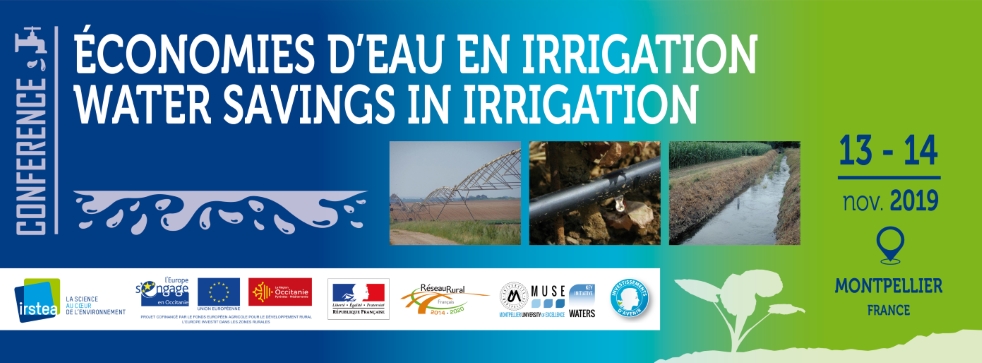Practical problem
The project is structured around two issues:
- "produce differently" through a system approach that makes it possible to reconcile economic performance and agro-ecological practices based on the organic farming model.
- Organisation of events to present our activities to local consumers.
Partners name
GIEE Arbonovateur (farmer association)
CEFEL (research institute)
Chambre d'Agriculture de Tarn et Garonne (Farmer organisation)
Project objectives
In particular, four actions implemented by the GIEE ArboNovateur® require multi-partner work around innovation and research-action.
1.Water management of orchards in the territory is a strong issue for the different players in a deficit water catchment area, particularly in dry periods
2.create a method to adapt nitrogen fertilization to soil and climate conditions
3. Looking for innovating solutions to limit the use of pesticide
4. The perception of by society in the territory is a major problem that requires an innovative approach
Expected results
Improved water and nitrogen, management through the choice of more adequate irrigation systems, designing decision tools and by enhancing their efficiency, thus adjusting the water and nitrogen quantity to the needs.
Results so far/first lessons
Understanding soil functioning to improve water and nitrogen feeding
More than 80% of the nutritional problems in an orchard are related to soil functioning problems. To understand it, four steps are essential in the Arbonovateur Operational group
Step 1: Soil conductivity mapping
Step 2 : soil Profil
Step 3: Soil analysis
Step 4 : Installation in the orchard, based on analyses, of irrigation control stations. On these stations there are different types of sensors: temperature, air, rainfall, anemometer (wind measurement) pyranometer (radiation study), and soil humidity sensors. Within the ArboNovator® group, a new approach was added in 2016 with the installation of dendrometer sensors on branch, which measure daily micro-variations directly related to the plant's water content. This approach makes it possible to go further in the optimization of water resources
The water and nitrogen savings in optimized management are around 30%, i.e. 1000 m3 / ha of water and 30 kg of nitrogen on average for several years in apples.
Who will benefit
“Local producers “organisation and regional authorities who are not partners in the Operational Group are also sharing results to reach farmers, local communities and consumers. The Arbonovateur want to show consumers that they are producing healthy and safe food in a sustainable way.
- Poster

 PDF version
PDF version
